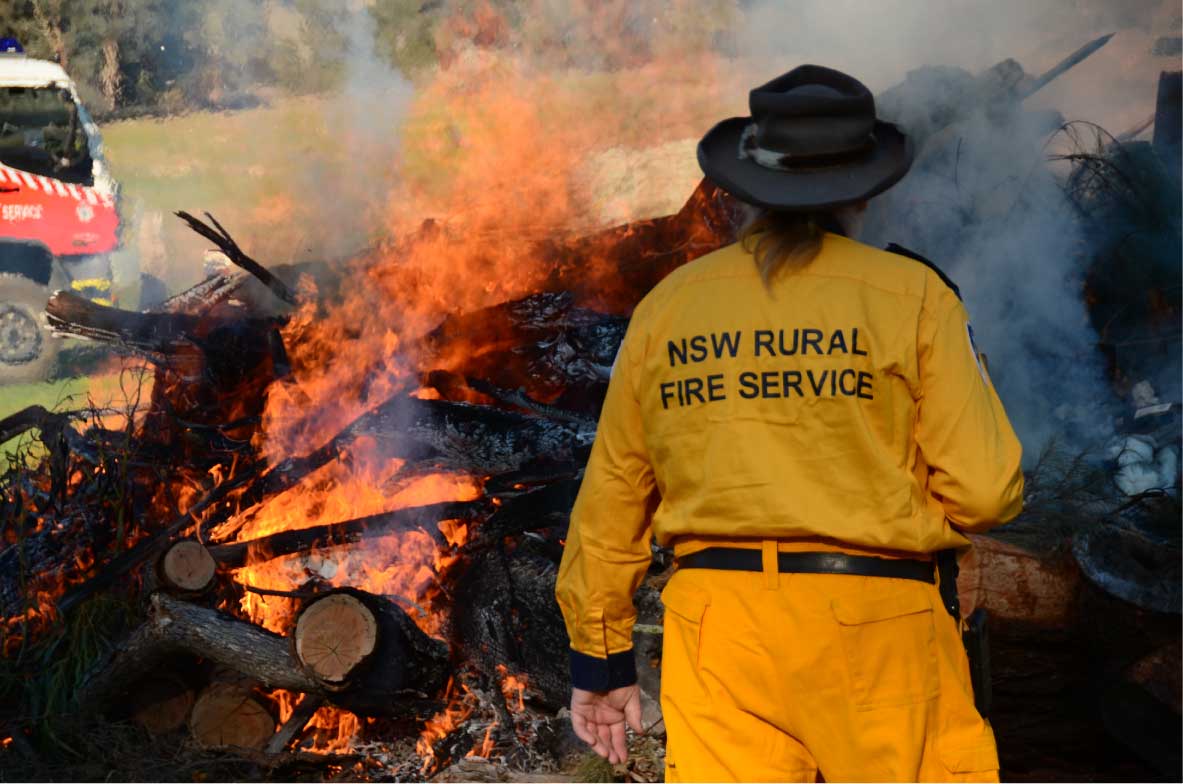When Celeste Barber started her crowdfunding appeal to assist with the bushfire relief earlier this year, little did she know that this incredible appeal would go on to raise over $51 million.
When set up, the crowdfunding appeal nominated that the donated money would go to the NSW Rural Fire Service and Brigades Donation Fund (“the RFS Fund”) unaware that the RFS Fund is restricted in the way it can use donations it receives.
From the time the money was raised and paid to the RFS Fund, the restricted use of the RFS Fund has come to light and Ms Barber has since called for the donations to be used for additional purposes to assist others affected by the devastating bushfires.
The NSW Supreme Court was asked to make a decision on how the money can be used and delivered their decision on 25 May 2020. Long story short, the money can only be used for the restricted purposes and the Court has gone into detailed analysis of what may, practically, fall within those purposes.
So why can the RFS Fund only use the donated money for certain things? The answer; because it’s a trust.
The RFS Fund was established by a trust deed date 10 April 2012 and that trust deed contains the rules of how the trust operates, including how any assets of the trust can be used. When it comes to the operation of trusts, the terms of the trust deed are paramount – they must be followed. This is not a case of the RFS Fund not wanting to do as Celeste Barber wishes, but more the RFS Fund not being permitted to do so.
With their tax benefits and potential asset protection qualities, trusts are becoming more widely used however the Celeste Barber/RFS case highlights some of the common misconceptions about trusts.
Below are three key points that require consideration for anyone who has, or is looking to have, a trust in place.
- The trustee of a trust is bound to act in accordance with the terms of the trust, ie the trust deed. It is important you understand what the trust deed provides and to seek advice in relation to this;
- Where the trust deed dictates the purpose of the trust, that purpose is paramount, and the decisions of the trustee must be in line with the purpose. You should properly consider the purpose of the trust when establishing it; and
- There are different types of trusts and some are more restrictive than others. For example, a discretionary trust is less restrictive than a charitable trust. When establishing a trust, you need to properly consider the nature of the trust and ensure the trust deed drafted appropriately.
Where a trust is in existence, or being contemplated, it is important to understand that trusts have particular rules and requirements. It isn’t as simple as treating trust assets as your own and doing what you will with them. If you have questions about an existing trust, or are contemplating establishing a trust, feel free to contact our team at Osborn Law on (02) 4927 2900 so we can help steer you in the right direction.
